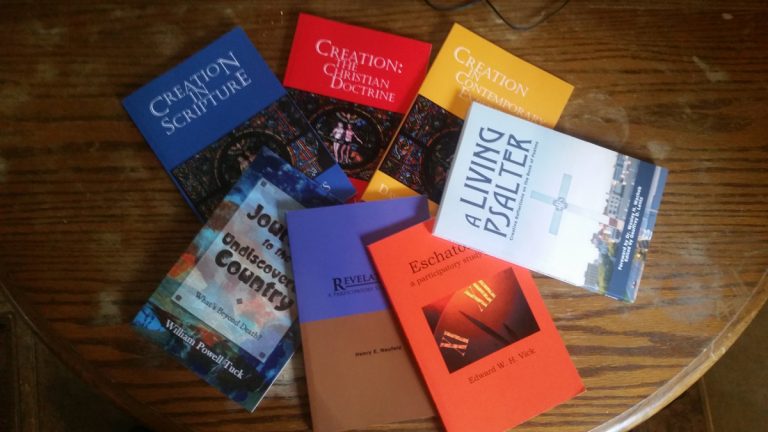Responding to Adrian Warnock on Arminocalvinists
I’ve had Adrian Warnock’s post, An Arminocalvinist Spectrum, sitting in my starred items for some time, but I do want to write just a few words about it before I move on. But first, I want to note that Adrian Warnock is one of the Five Sites I Read Because I Disagree, and I’m on his list of top 60 referrers for 2010, even if only at #56. Glad I could contribute, Adrian!
I’m also happy to see this issue divided into a spectrum rather than viewed as a simple, two-sided issue, because there are, indeed, substantial differences between various positions all along the line. I would personally have to say that I accept some points from #5 (Reformed Arminian), #6 (Strong Arminian), and #7 (Open Arminian), though not all points from any of them. But that is part of defining points on any spectrum–there are always people who fall between the points.
As a follow-up, I would suggest reading Spectrum or Divide? A Response to Adrian Warnock, and Adrian’s response in turn here. Matt O’Reilly of Incarnatio, is a neighbor here in the Alabama-West Florida Conference of the United Methodist Church, though I have never actually met him.
While I understand that some Arminians are embarrassed by open theists, I do think open theism at least grows out of Arminianism. I am attracted to, but not certain of, some elements of open theism. I think there are scriptures, particularly those that refer to God repenting, which sound quite open.
What always bothers me in these discussions, though to his credit Adrian doesn’t bring it up until his point on open theism, is the belief that this is largely a debate about the sovereignty of God. I don’t even believe it deals with the nature of God’s sovereignty. It actually deals with the way in which God exercises his sovereignty.
I’ve encountered this same issue in creation-evolution debates. The argument is that God is more glorified if he created the world in six literal days than if he used some mechanism that took more time, or in which God appeared more distant. But the question is not about God’s power, or about who has the choice. God clearly has the choice. God is sovereign no matter how he chose to create. Finite human beings have no concept of the power involved no matter what the method.
When God works in salvation, it is totally a divine choice how to act. Whether God created human beings with the power to choose good, some of which remains, or God empowers them to make the choice through prevenient grace, or simply makes that choice in predestination, it is nonetheless God’s action in God’s time and it’s God’s sovereignty.
It seems to me that the argument that God gets greater glory if he predestines all who will be saved actually tries to force a very human view of sovereignty onto God. Similarly, a claim that God is more glorified if he gives his creatures freedom is to force our human perspective onto God’s actions.
The only question, it seems to me, is how God actually has acted. To be more precise, I should say how God has chosen to present his actions. Because I don’t think any of us understand this. Deeper than any conviction I have about Arminian soteriology is the simple conviction that we don’t really know–none of us.


